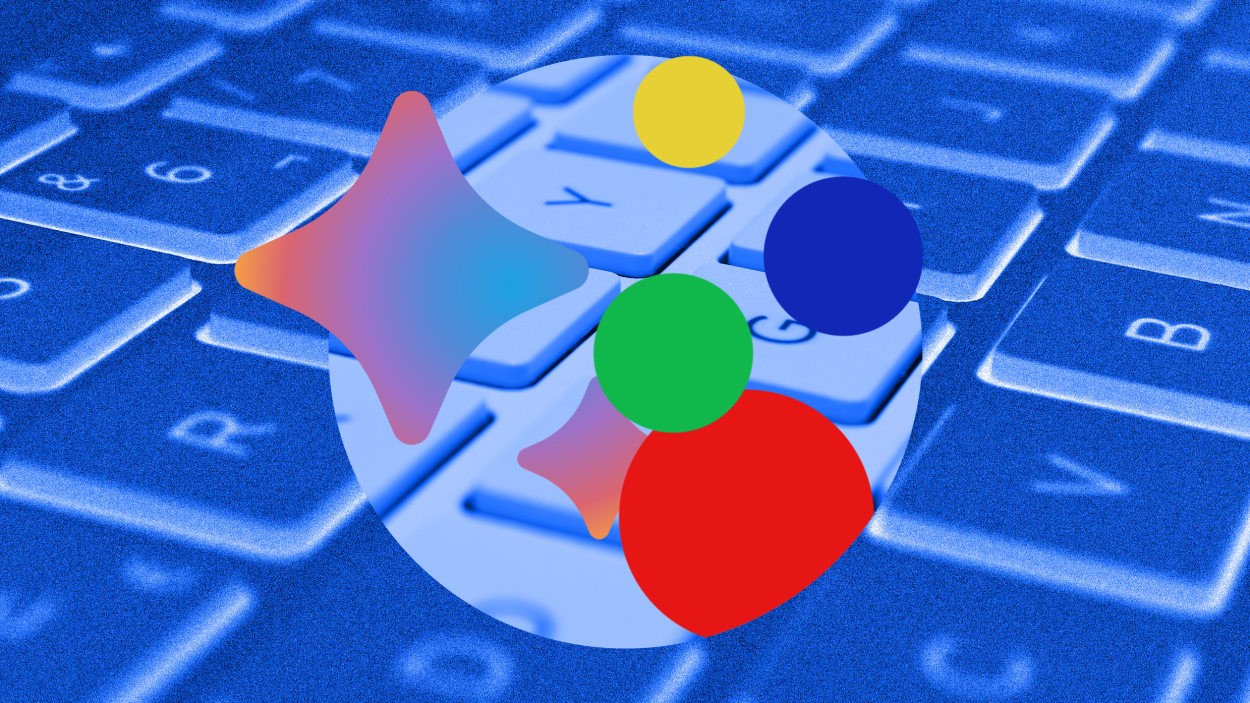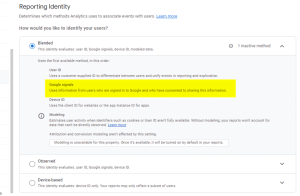Welcome to AI Decoded, Fast Company’s weekly LinkedIn newsletter that breaks down the most important news in the world of AI. If a friend or colleague shared this newsletter with you, you can sign up to receive it every week here.
Google fuses its Bard AI chatbot with Assistant
Google’s Assistant app has proven useful for simple tasks—things like setting alarms, getting the weather, and making calls. Now Google says Assistant is about to get more functional, thanks to an integration with Bard, the company’s large language model-powered chatbot. The addition of Bard could make Assistant easier to interact with, and improve its ability to carry out more complex tasks. “We think Assistant should be able to take both big and small things off your plate,” said Sissie Hsiao, Google VP and general manager of Assistant and Bard, during a Zoom call Tuesday. The new Assistant app is multimodal; it will, for example, intake and process visuals via the smartphone camera, and respond to user voice prompts.
Assistant will use a number of extensions to connect Bard to other Google apps, such as Gmail, Docs, Maps, and Travel. For instance, Hsiao asked the Assistant to identify and summarize her most important emails of the past week. Assistant found one unread email about a birthday party, and provided details about the party as well as a Google Map view of directions to the location. Hsiao says extensions to Gmail and Docs will be turned off by default, requiring users to opt in to sharing such personal information with Assistant. Other less-sensitive extensions, such as Maps and YouTube, will be turned on by default.
Hsiao says Google is also working on an Assistant “overlay” for Android phones that will appear on top of whatever content is displayed on the phone screen. For example, Hsiao might have asked Assistant to generate a text message to the birthday party organizer that incorporates information from a product listing for a prospective birthday gift (“You think she’d like this?!?”). The overlay concept could be an interim step toward making the Bard-wielding Assistant a part of the Android operating system.
The new Bard-powered Assistant will be available only to a small group of trusted users for a few months, Hsiao says, before expanding to a broader pool. General availability will likely come in 2024.
The fusion of Bard and Assistant wasn’t hard to see coming. “It’s a natural synthesis of the vision of a convenient Assistant and the Bard chatbot functionality we’ve been working on,” Hsiao says.
Microsoft’s Nadella: AI is unlikely to make Bing competitive in search
It wasn’t too long ago that Microsoft CEO Satya Nadella seemed to suggest that Bing Chat’s conversational AI search could pose a threat to Google’s dominance in the search market. “I want people to know that we made them dance,” he told The Verge in February. But Nadella didn’t sound nearly so bullish Monday when testifying in front of the Department of Justice, which has accused Google of holding a monopoly in internet search.
On the stand, Nadella doubted the idea that adding a conversational chatbot to Bing will be enough to meaningfully challenge Google in search. In fact, he said AI may actually further entrench Google as the market leader. “In spite of my enthusiasm that there is a new angle with AI, I worry a lot that, in fact, this vicious cycle that I’m trapped in can become even more vicious because the defaults get reinforced,” Nadella said. Nadella suggested that if conversational search (via an AI assistant) becomes popular with search users, Google may have an advantage because it controls much of the content normally used to train the large language models that power such assistants.
“People talk about the open web,” Nadella said. “It’s really the Google web.”
Gartner: 55% of enterprises are piloting or in production with generative AI
This year, executives at large enterprises have been thinking hard about integrating generative AI such as ChatGPT and Midjourney. They want to know if AI can bring efficiencies to business processes, and how their competitors might use the technology to gain an advantage. New research from Gartner suggests that most big companies are looking for answers via experimentation.
Gartner surveyed 1,400 executive leaders in September and found that 45% were currently piloting generative AI technology, and another 10% have passed the piloting stage and put generative AI models into production as part of normal business operations. A Gartner poll conducted this past spring found that only 15% of executives were piloting generative AI and 4% were in production.
Thirty percent of the execs said they were deploying gen AI to stimulate growth. Cost optimization was cited by 26%, and 24% cited customer experience and/or retention. “Many organizations began their AI journey with an overemphasis on cost optimization and efficiency,” said Gartner analyst Frances Karamouzis in a statement. “Savvy enterprises have moved beyond this to focus initiatives on efficacy, quantifiable value, and business agility in products and services.”
The survey also found that 55% of organizations reported increasing investment in generative AI since it surged into the public domain 10 months ago. Meanwhile, 78% of respondents said they believe the benefits of generative AI outweigh its risks.
More AI coverage from Fast Company:
From around the web:
(4)






